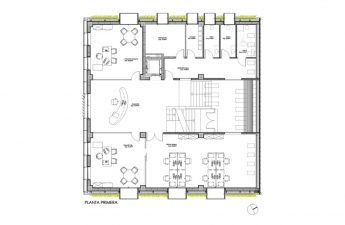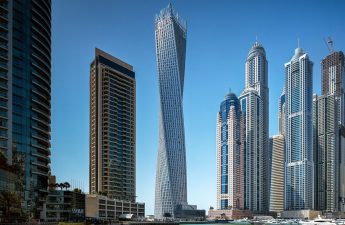"Smart technologies" penetrate into all spheres of ourlife, and the "intellectual home", which anticipates the desires of its master, does not seem like a fantastic idea. In this material - an overview of "smart homes" from around the world Companies that work with computer technology, represent the latest developments created for the benefit of mankind. Some of the most useful inventions are home gadgets: climate control systems, lighting controls and built-in plasma panels.  In the forefront of "smart buildings" stands thelate 80's Tokyo "house of the throne." The author of the project is a professor from Japan Ken Sakamura. "Intellectual technologies" open the windows on their own and include cooling the air with the arrival of heat. If one of the apartments plays music too loudly, then, so that it does not interfere with neighbors, the windows automatically close.
In the forefront of "smart buildings" stands thelate 80's Tokyo "house of the throne." The author of the project is a professor from Japan Ken Sakamura. "Intellectual technologies" open the windows on their own and include cooling the air with the arrival of heat. If one of the apartments plays music too loudly, then, so that it does not interfere with neighbors, the windows automatically close. 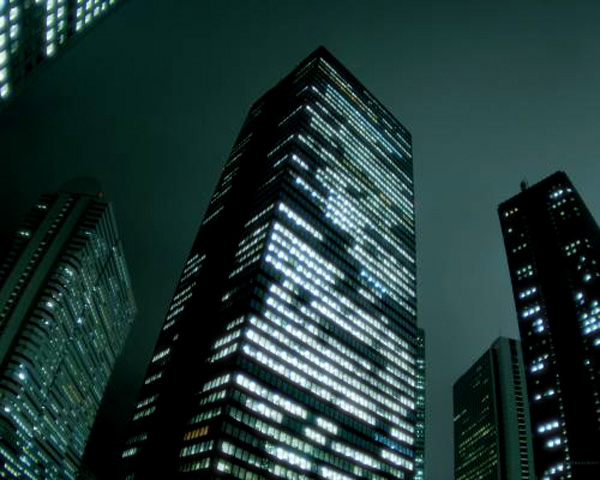 The founder of the world-famous company MicrosoftBill Gates gave the world one of the most expensive houses with "intelligent systems". The project has the most up-to-date technologies, which operate the engineering systems and control the microclimate in each room. With the advent of darkness, the movement of a person around the house is accompanied by automatic lighting. And a huge number of sensors throughout the building performs almost all the needs of its residents.
The founder of the world-famous company MicrosoftBill Gates gave the world one of the most expensive houses with "intelligent systems". The project has the most up-to-date technologies, which operate the engineering systems and control the microclimate in each room. With the advent of darkness, the movement of a person around the house is accompanied by automatic lighting. And a huge number of sensors throughout the building performs almost all the needs of its residents. 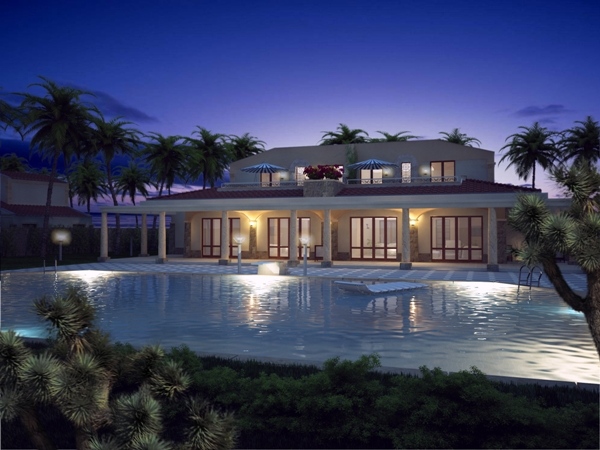 The House of Bill Gates is not the only "smart building"in the United States. They also include the UN headquarters and the Rockefeller Center in New York. In Bloomington (Minnesota) built a huge Mall of America shopping area of a little less than 500 square meters. km, several operator systems in which the correct functioning of almost all internal premises and parking.
The House of Bill Gates is not the only "smart building"in the United States. They also include the UN headquarters and the Rockefeller Center in New York. In Bloomington (Minnesota) built a huge Mall of America shopping area of a little less than 500 square meters. km, several operator systems in which the correct functioning of almost all internal premises and parking. 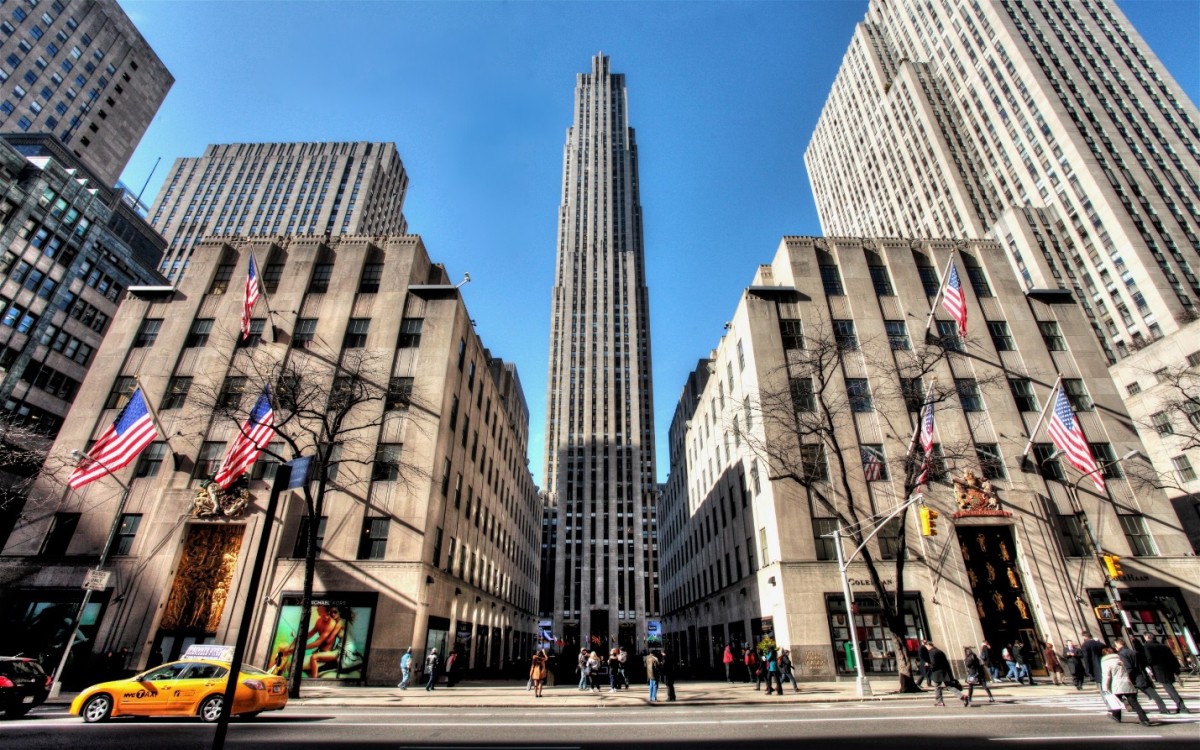 Erection of buildings with intelligent systems inEurope has already moved to a completely new level a long time ago. The European Intelligent Building Group (EIBG) has a great success in spreading the ideas of intelligent building. Today in Europe, more than 20% of buildings are equipped with "smart systems". Among them there are many high-rise buildings with climate control and the ability to remotely coordinate almost all structures. For example, the British bank Credit Suisse First Boston has five control points and a streamlined power distribution system.
Erection of buildings with intelligent systems inEurope has already moved to a completely new level a long time ago. The European Intelligent Building Group (EIBG) has a great success in spreading the ideas of intelligent building. Today in Europe, more than 20% of buildings are equipped with "smart systems". Among them there are many high-rise buildings with climate control and the ability to remotely coordinate almost all structures. For example, the British bank Credit Suisse First Boston has five control points and a streamlined power distribution system. 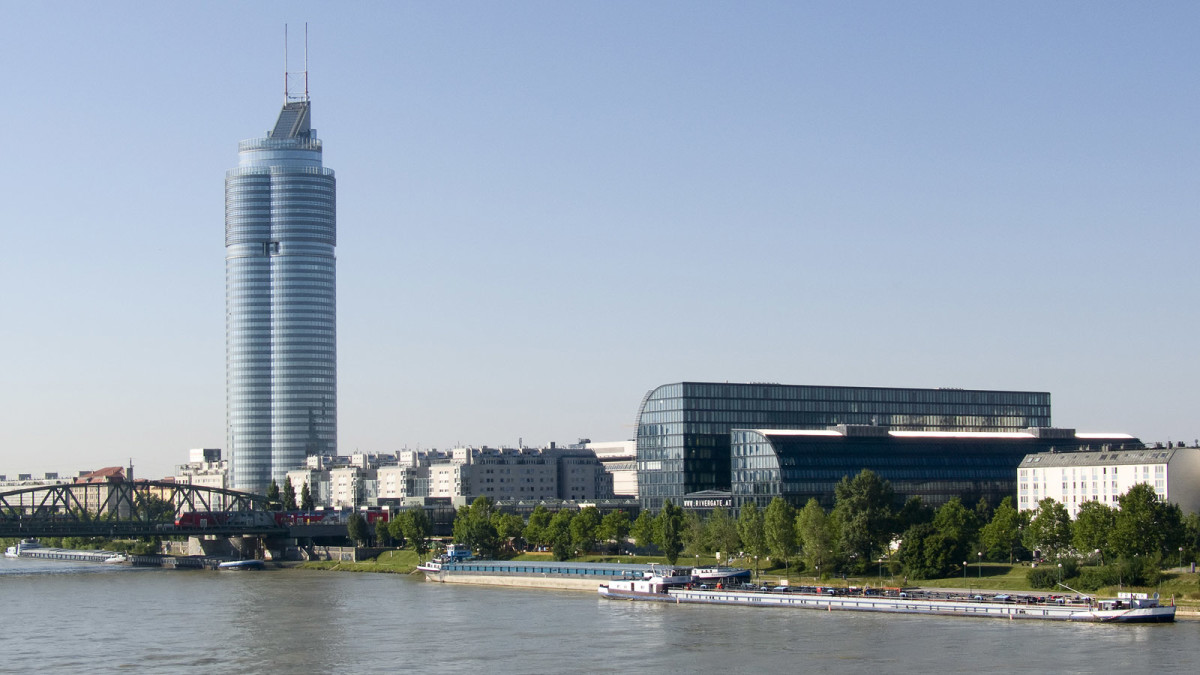 French National Library squaremore than 400 sq. km from now on can also be called an integrated building, and all thanks to the unique equipment that can maintain the most comfortable environment for the correct content of books. Also to the list of "smart homes" was added the building of the Munich II airport, second in size only to the Frankfurt airport. It unites about 100 buildings and has systems that control lighting, climate, elevators, an escalator complex and coordinate the flow of passengers in the terminals. In 1993, this airport was recognized as the best "smart building". Another airport with "smart systems" is located in London. Echelon Corporation, one of the most prominent organizations in smart home systems, has developed the Heathrow Airport project.
French National Library squaremore than 400 sq. km from now on can also be called an integrated building, and all thanks to the unique equipment that can maintain the most comfortable environment for the correct content of books. Also to the list of "smart homes" was added the building of the Munich II airport, second in size only to the Frankfurt airport. It unites about 100 buildings and has systems that control lighting, climate, elevators, an escalator complex and coordinate the flow of passengers in the terminals. In 1993, this airport was recognized as the best "smart building". Another airport with "smart systems" is located in London. Echelon Corporation, one of the most prominent organizations in smart home systems, has developed the Heathrow Airport project. 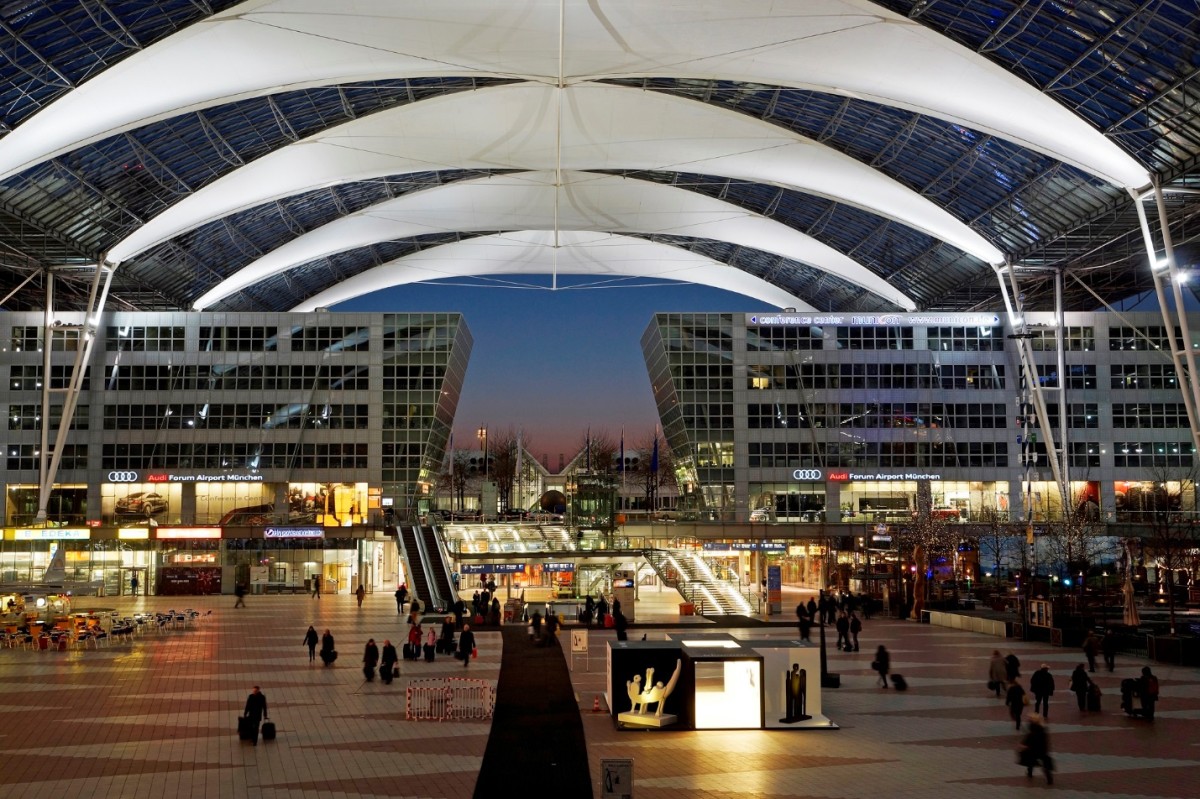 Coastal resorts near Japan's capital are filled withinnumerable "smart skyscrapers". Directly in Tokyo, you can find the Shiodome Sumitomo Building - a huge building with wide functionality and an almost perfect control system. The Beijing shopping mall and Taipei 101 in Taiwan have state-of-the-art technology and are designed to be completely environmentally friendly and very comfortable to stay in.
Coastal resorts near Japan's capital are filled withinnumerable "smart skyscrapers". Directly in Tokyo, you can find the Shiodome Sumitomo Building - a huge building with wide functionality and an almost perfect control system. The Beijing shopping mall and Taipei 101 in Taiwan have state-of-the-art technology and are designed to be completely environmentally friendly and very comfortable to stay in.  The 60-story office building of Telekom Tower inKuala Lumpur has become famous for being the most "intellectual" in Asia. As many as 11 "intelligent systems" monitor the smooth operation of the entire building: elevators, corridors, car parks, adjacent territories and much more.
The 60-story office building of Telekom Tower inKuala Lumpur has become famous for being the most "intellectual" in Asia. As many as 11 "intelligent systems" monitor the smooth operation of the entire building: elevators, corridors, car parks, adjacent territories and much more. 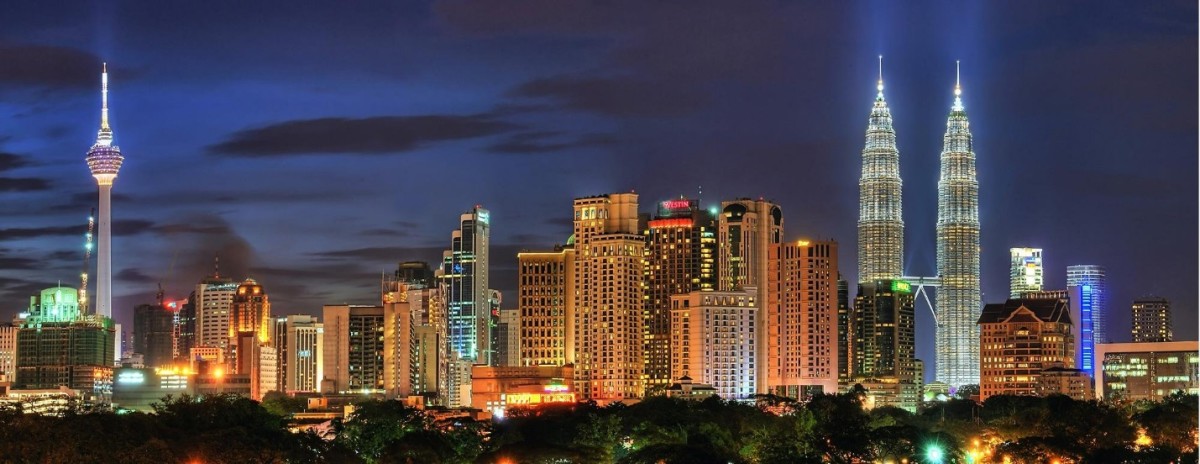 The advantages of this kind of projects are obvious,after all, the functioning of all systems is carried out from a single center. This significantly reduces the money spent on electricity, heating, climate control, which helps conserve natural resources. In reality, houses with "smart systems" are relatively few. Most of the buildings erected today have the limited capabilities of smart homes. But we can confidently conclude that the future of urban planning still belongs to "intelligent technologies".
The advantages of this kind of projects are obvious,after all, the functioning of all systems is carried out from a single center. This significantly reduces the money spent on electricity, heating, climate control, which helps conserve natural resources. In reality, houses with "smart systems" are relatively few. Most of the buildings erected today have the limited capabilities of smart homes. But we can confidently conclude that the future of urban planning still belongs to "intelligent technologies".
The future has come: the most intelligent buildings in the world

